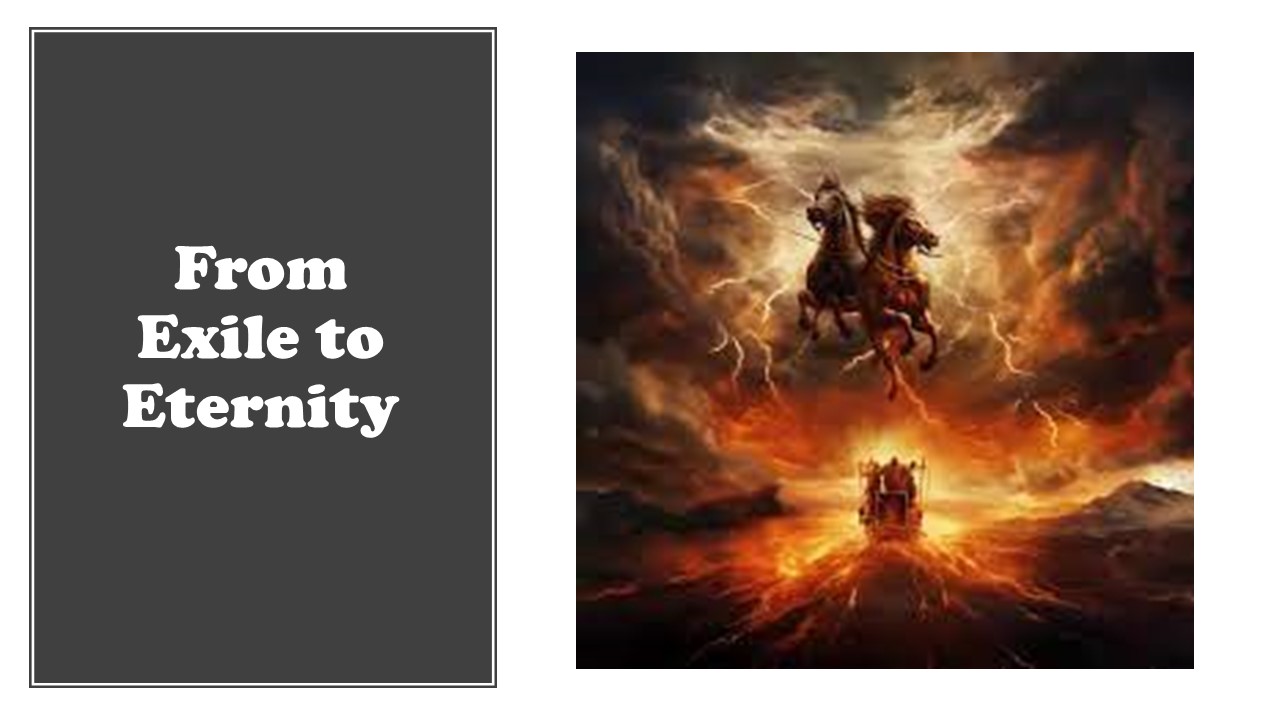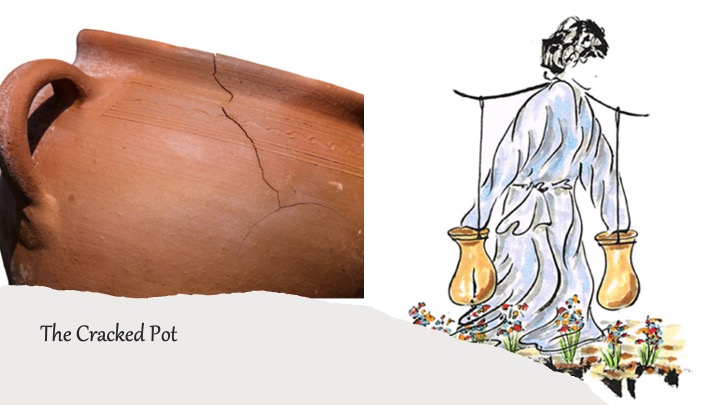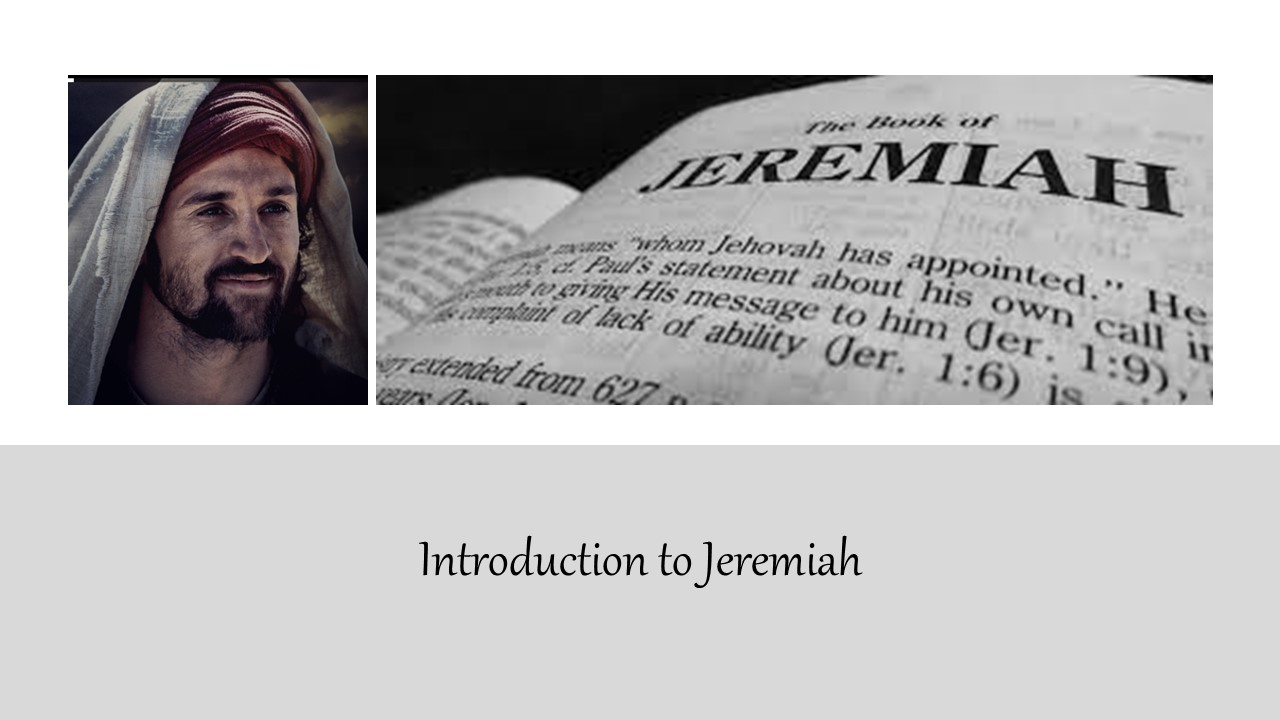The Book of Judges, presented as a cautionary tale, depicts a turbulent period in Israel's history characterized by cycles of disobedience, oppression, and deliverance through various judges. It highlights the need for a righteous leader and points towards the need for the establishment of the monarchy. The book also foreshadows Jesus, who is referred to as the "Righteous Judge" and embodies mercy, grace, and perfect judgment. Jesus serves as the ultimate Judge, evaluating lives and records, offering forgiveness and salvation, and interceding on behalf of repentant sinners. The failures of the human judges in the book highlight the need for a righteous king, pointing to Jesus as the fulfillment of that role.
Overall, the devotional emphasizes the role of judges in the Israelite legal system, the cycle of disobedience and deliverance in the Book of Judges, and the significance of Jesus as the ultimate Judge and righteous King. It underscores the need for accountability, repentance, and the acceptance of Jesus' mercy and grace for salvation.
Scriptures referenced include Exodus 18:13-27; 2 Timothy 4:8; John 9:39; John 12:31–33; John 5:22, Revelation 19:11; John 3:16-18; and Psalm 95:3.

In the parched landscape of exile, Ezekiel's prophecies bloom like desert flowers, painted with vibrant imagery of cosmic battles and divine judgment. Centuries later,...

The Apostle Paul writes in 2 Corinthians 4:7, “But we have this treasure in earthen vessels, so that the surpassing greatness of the power...

Today we resume our study of Jesus in Every Book of Bible, a series which we launched last year. Finding Jesus in each book...